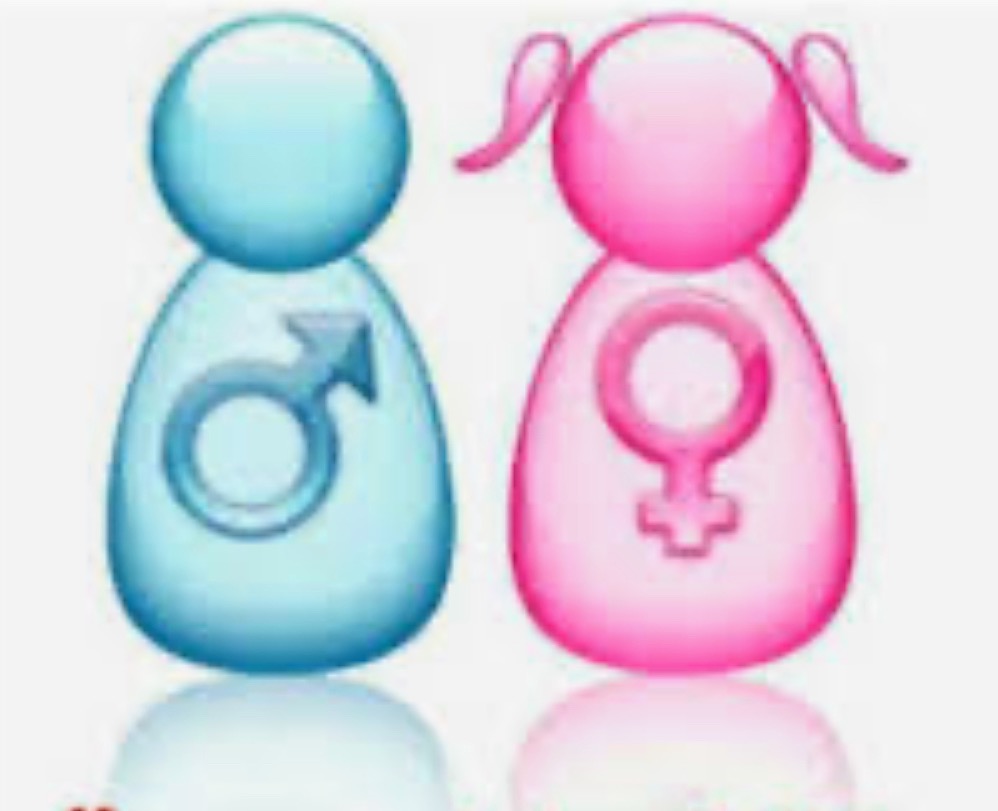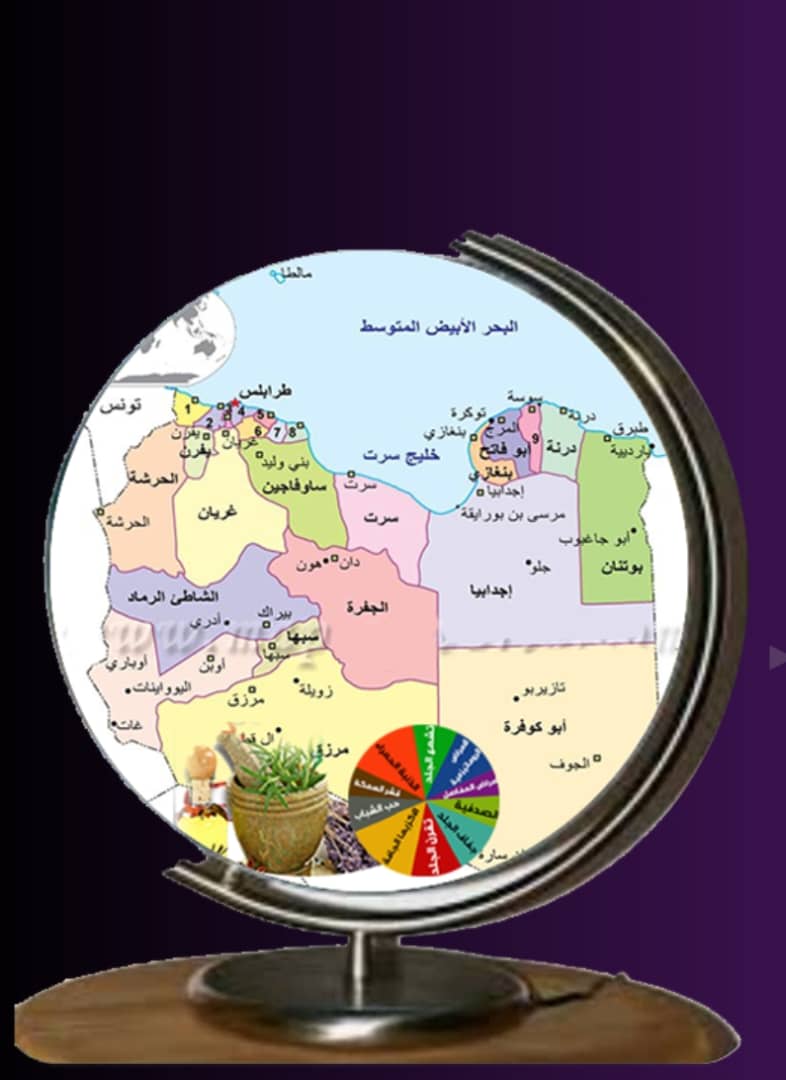Is Sexual Education a Shield of Protection or a Gateway to Corruption?

Sexual education is a sensitive and controversial topic that sparks widespread debate in societies. Its evaluation varies based on cultural, religious, and social backgrounds, as well as the methods and approaches used to address it. Nonetheless, this question can be examined objectively by analyzing both perspectives:
A Shield of Protection
1. Raising Awareness and Preventing Risks
Sexual education empowers children and adolescents to understand their bodies and personal boundaries, helping protect them from exploitation or sexual harassment. It also guides them on how to safeguard their mental and physical well-being.
2. Health Education
It provides accurate information about reproductive health, healthy relationships, and sexually transmitted diseases, which helps reduce long-term health risks.
• Understanding overlooked or “taboo” issues is crucial for avoiding future problems. From my professional experience, I have seen male patients from various countries over the age of 20 struggling with infertility. Upon examination, many were found to have bilateral or unilateral undescended testes. When asked why they hadn’t addressed this condition, they replied that they were unaware of the issue or its implications.
• Similarly, a significant number suffered from complete testicular atrophy but were unaware of the normal size of the testes. Due to this lack of knowledge, many lost their ability to procreate and were unable to build happy families, all because of an absence of sexual education.
3. Encouraging Open Dialogue
Sexual education fosters a safe environment for dialogue between parents and children, building trust and addressing concerns or questions. This is especially important during adolescence when boys and girls experience biological changes.
A Gateway to Corruption
1. Fear of Moral Decay
Some opponents believe that discussing these topics may encourage young people to explore sexual practices prematurely or irresponsibly.
2. Cultural and Religious Challenges
In conservative societies, sexual education may conflict with ethical and religious values that emphasize modesty and traditional norms.
3. Improper Implementation
If sexual education is presented inappropriately or without considering age and psychological development, it may have adverse effects, such as arousing unhealthy curiosity or promoting inappropriate behaviors.
The positive or negative impact of sexual education largely depends on how it is delivered:
• When presented scientifically and thoughtfully, in line with the child’s age and cultural and religious values, it serves as a powerful protective tool.
• If delivered inappropriately, focusing on arousal rather than education, it may become a harmful influence.
It is essential to strike a balance between providing necessary information and upholding societal values. Involving parents and educators in designing content that suits the local environment and culture is key to achieving this goal.







.jpg)








